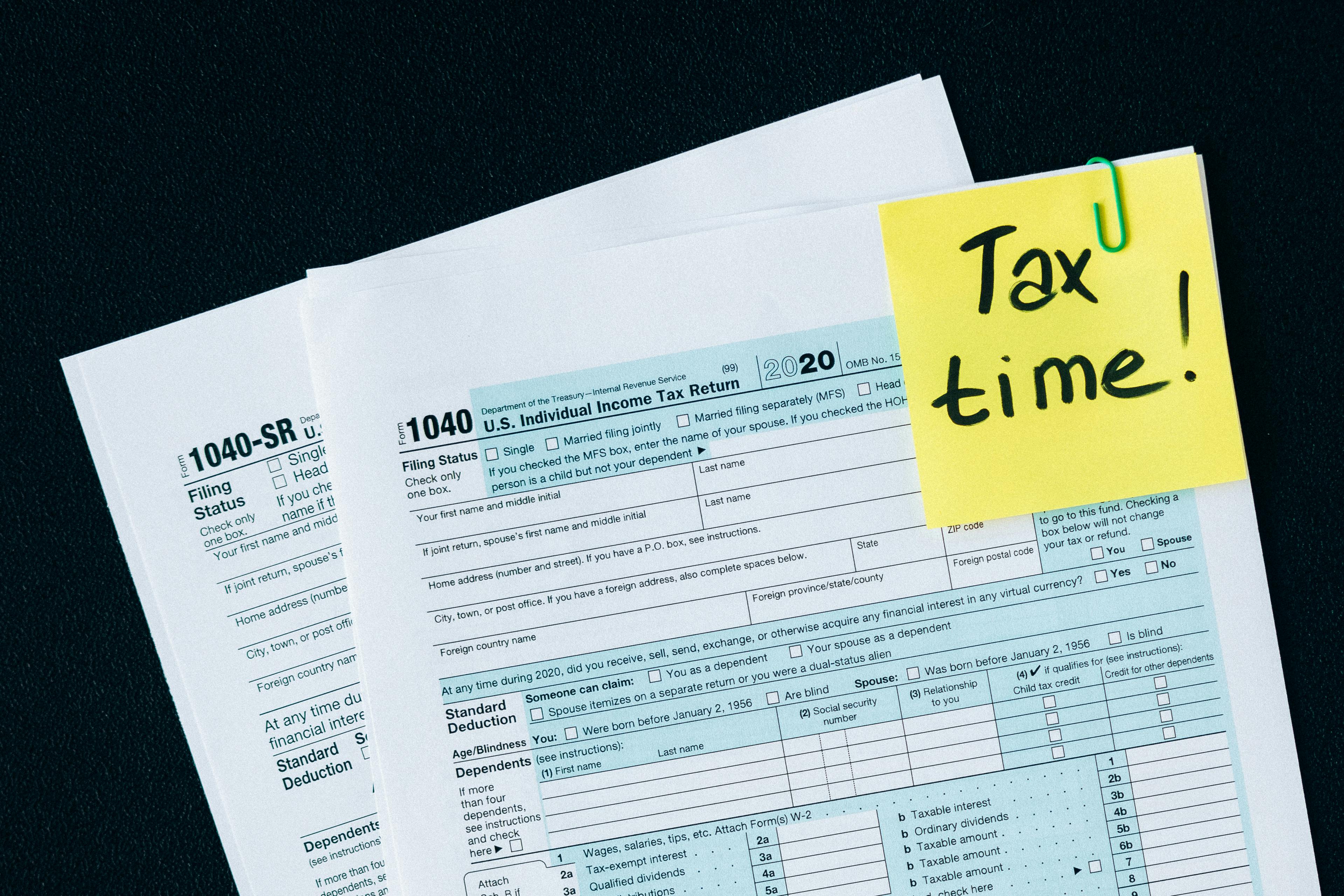Do You Need to Pay Taxes on Stablecoins?

Introduction
Stablecoins, such as USDT (Tether), USDC (USD Coin), and DAI, have gained widespread use as a price-stable alternative to volatile cryptocurrencies. Unlike Bitcoin or Ethereum, which experience significant price fluctuations, stablecoins are pegged to fiat currencies like the U.S. dollar or commodities such as gold. Many investors assume that because stablecoins do not appreciate significantly in value, they are not subject to taxation.
However, the IRS considers all cryptocurrency transactions taxable, including those involving stablecoins. While simply holding stablecoins is not a taxable event, certain transactions—including purchases, conversions, and payments—can trigger capital gains or income tax liabilities.
This article explains when stablecoin transactions become taxable, how they should be reported, and strategies to minimize tax burdens.
1. When Are Stablecoin Transactions Taxable?
Buying Stablecoins with Fiat (USD, EUR, etc.)
- Not taxable—simply exchanging fiat for a stablecoin does not create a capital gain or loss.
Selling Stablecoins for Fiat
- Taxable if the stablecoin was acquired at a different value than the selling price.
- Example: If USDC was acquired at $1.00 per coin and later sold for $1.01 per coin, the $0.01 difference is considered a taxable capital gain.
Trading Stablecoins for Other Cryptocurrencies
- Taxable event—if stablecoins are used to purchase Bitcoin, Ethereum, or any other crypto, it is treated as a crypto-to-crypto trade, triggering capital gains tax.
- Example: If you buy 1 BTC using USDT that has slightly appreciated, the difference in value is a capital gain or loss.
Receiving Stablecoins as Payment
- Taxable as ordinary income—if stablecoins are received as compensation for work, services, or product sales, they are taxed at the fair market value (FMV) at the time of receipt.
- This applies to freelancers, businesses, and employees who accept stablecoins instead of traditional currency.
Earning Interest on Stablecoins (Lending and Staking)
- If stablecoins are lent out on platforms like Aave, Celsius, or Compound, any interest or yield earned is taxable as income.
- Some platforms distribute rewards in stablecoins or other cryptocurrencies, both of which are subject to income tax upon receipt.
2. How to Report Stablecoin Transactions on Your Tax Return
Capital Gains Tax Reporting
- If a stablecoin transaction results in a gain or loss, it must be reported on Form 8949 and Schedule D (Capital Gains and Losses).
- This includes selling stablecoins for fiat or using them to buy other cryptocurrencies.
Income Tax Reporting
- Payments received in stablecoins for goods, services, or employment must be reported as ordinary income on Form 1040 (for individuals) or Schedule C (for self-employed individuals and businesses).
- Interest earned from lending stablecoins is also considered taxable income.
Foreign Reporting Requirements (FBAR & FATCA)
- If stablecoins are held on a foreign exchange or wallet, and the total foreign financial assets exceed $10,000, an FBAR (Foreign Bank Account Report) must be filed.
- If assets exceed $50,000 ($100,000 for joint filers), Form 8938 (FATCA reporting) may also be required.
3. Strategies to Minimize Taxes on Stablecoins
- Hold stablecoins instead of frequently trading them to reduce taxable events.
- Convert stablecoins directly to fiat rather than trading them for other cryptocurrencies, which creates capital gains.
- Use tax-advantaged accounts (where applicable) to shield crypto earnings from immediate taxation.
- Track cost basis carefully to ensure accurate tax reporting.
Conclusion
Although stablecoins are designed for price stability, they can still trigger capital gains and income tax liabilities under IRS rules. Crypto investors and businesses must track stablecoin transactions carefully and ensure proper tax reporting to avoid penalties and reduce unnecessary tax burdens.
Tax Partners can assist individuals and businesses in managing stablecoin taxation, optimizing reporting, and ensuring full compliance with IRS regulations.
This article is written for educational purposes.
Should you have any inquiries, please do not hesitate to contact us at (905) 836-8755, via email at info@taxpartners.ca, or by visiting our website at www.taxpartners.ca.
Tax Partners has been operational since 1981 and is recognized as one of the leading tax and accounting firms in North America. Contact us today for a FREE initial consultation appointment.